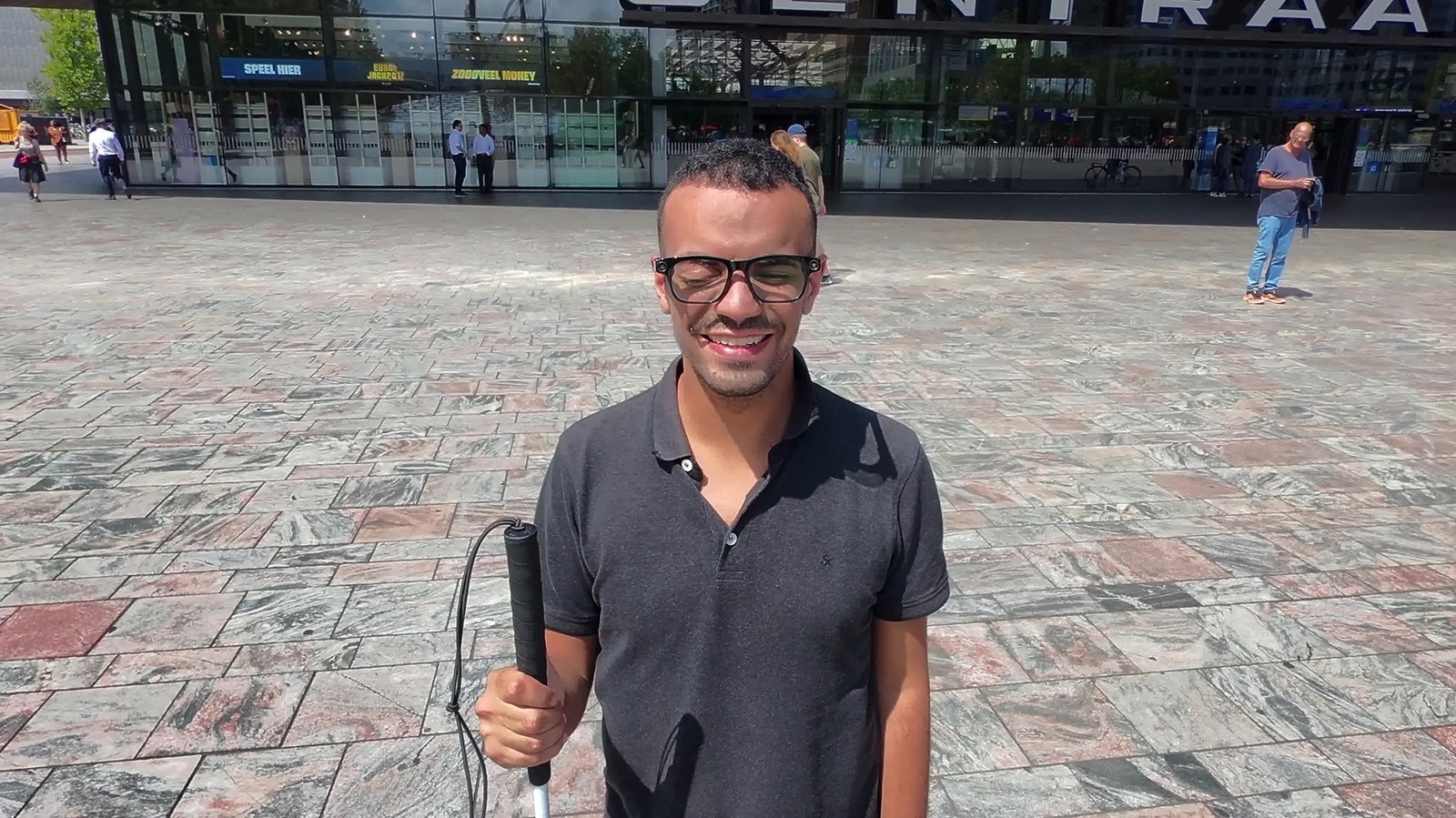When the UK government announced the creation of the Alan Turing Institute in 2014 it promised a “fitting memorial” to the renowned computer scientist and artificial intelligence pioneer.
More than a decade on, Britain’s leading AI institute is in turmoil as staff warn it may be in danger of collapse and ministers demand a shift in focus to defence and security work.
“The ATI brand is well recognised internationally,” says Dame Wendy Hall, a professor of computer science at the University of Southampton and the co-chair of a 2017 government AI review. “If it ceases to be the national institute for AI and data science then we are at risk of weakening our international leadership in AI.”
Turing’s legacy, as the mathematical genius who helped crack the Enigma code, outlined key concepts of AI and invented the eponymous test to discern whether a computer can show human intelligence, has been rebuilt and burnished in recent years.
In 2013 he received a posthumous royal pardon 59 years after his death, having been convicted of gross indecency in 1952 after admitting a sexual relationship with a man. A year later he was immortalised in the Oscar-winning film The Imitation Game and in 2021 he became the face of the £50 note.
A cornerstone of that legacy is in trouble, however. This month a group of staff filed a whistleblower complaint with the Charity Commission, which has a regulatory role over ATI because the nominally independent organisation is a registered charity – albeit largely funded by the UK government.
The complaint raised eight points of concern including the possibility that £100m of government funding might be withdrawn, which “could lead to the Institute’s collapse”.
Photograph: Bank Of England/Reuters
“These concerns are so significant that many staff now believe the institute’s charitable status and public credibility are at risk,” said the complaint, which also raised concerns about internal governance and culture as well as oversight of spending.
It is the latest in a series of staff broadsides at management. In March last year more than 180 staff wrote a letter to leadership expressing “serious concerns” about the organisation’s approach to diversity after it appointed four men to senior roles. In December more than 90 staff warned in another letter that ATI’s credibility was in “serious jeopardy” amid a restructuring that was threatening jobs – and research projects.
ATI has recently notified about 50 staff – or approximately 10% of its workforce – that they are at risk of redundancy and is shutting down projects related to online safety, tackling the housing crisis and reducing health inequality.
This is part of an overhaul dubbed Turing 2.0 under which the institute will focus on three key areas: health, the environment, and defence and security.
A recent letter from the UK technology secretary, Peter Kyle, has made clear the overhaul does not go far enough. Writing to ATI’s chair last month, Kyle demanded the institute switch its main focus to defence and security, adding that ATI’s “longer-term funding arrangement” could be reviewed next year.
“Moving forward, defence and national security projects should form a core of ATI’s activities, and relationships with the UK’s security, defence, and intelligence communities should be strengthened accordingly,” Kyle wrote.
He also indicated that leadership changes might be needed.
“To realise this vision, it is imperative that the ATI’s leadership reflects the institute’s reformed focus,” he wrote. “Careful consideration should be given to the importance of an executive team who possesses a relevant background and sector knowledge to lead this transition.”
It is against this backdrop – long-running staff dissatisfaction with leadership, a strategic and financial overhaul, and then a bombshell from the government – that the whistleblower complaint was filed.
ATI is led by chief executive Jean Innes, who has had senior roles in the civil service and tech sector, and is chaired by Doug Gurr, the former head of Amazon’s UK operations and interim chair of the UK’s competition watchdog.
Gurr responded to Kyle last month with a letter pledging to “step up” on defence and national security as well as boosting the UK’s self-sufficiency in AI – or “sovereign capabilities”.
“We will step up at a time of national need,” Gurr wrote.
However, Gurr added that ATI will “continue to drive forward high-impact work in environment and healthcare” where it fits with the “government’s missions and the interests of our philanthropic and private funders”.
At a recent meeting between staff and ATI leadership, held remotely, Gurr faced pointed questions about the new direction raised by Kyle and the institute’s restructuring. One attender said the atmosphere was difficult, describing the mood among the more than 100 employees during the meeting as “contemptuous throughout”.
In an internal note to staff this week, Innes and Gurr confirmed a new working group of government officials and ATI staff had met to discuss the new direction. It also confirmed people would be leaving through redundancies and non-renewal of contracts.
ATI’s goals include to “advance world-class research and apply it to national and global challenges”, as well as driving an “informed public conversation” on AI. Its five founding UK universities were Cambridge, Oxford, Edinburgh, UCL and Warwick, with its research work including teaming up with the Met Office to improve weather forecasting, creating cardiac “digital twins” to study heart disease and improving air traffic control.
A source who worked in the previous Conservative government said Labour’s concerns about the institute are “far from new” and there had been disquiet in political circles about the institute’s performance for some time, with multiple university stakeholders blurring its focus.
In that context, the source said, it makes sense to double down on what the institute does well – defence and security – or “just shut it down and start again”.
Prof Jon Crowcroft, the Marconi professor of communication systems at the University of Cambridge’s Computer Lab, and an adviser to Innes, says the institute’s staff have become unsettled.
“I think the crisis in terms of people is real. A lot of people are still there because they believe it’s a good, open institution doing valuable public work. But they’re also wondering where their job is going to be,” he says.
He adds: “I have not seen a plan A for keeping all the staff happy, which would mean keeping some non-defence and security projects. The reason why staff have issued these letters is because they have not seen that.”
Referring to ATI’s base at the British Library in London, he says: “Nor have I seen a plan B for what happens if too many people leave, because so many projects have gone, which means the core funding is not viable and they cannot justify the size of the building they are in.”
There are “mixed views” on the looming shift to defence and security, according to a current staff member who says they have listened to a “diverse” array of concerns among colleagues.
“We understand the national importance issue. Very few of us are saying that work shouldn’t happen. But we think a singular focus would be too narrow. Turing’s strength comes from applying AI to a wide range of societal challenges, from health to the environment, with responsible innovation at the heart.”
Photograph: SOPA Images/LightRocket/Getty Images
The staff member adds: “Those areas are still important, and with the right leadership we could fulfil the vision and purpose that brought us here in the first place.”
The staff member adds that Gurr’s letter pledging to double down on defence and security, while still working on health and environment, leaves ATI in a “precarious standoff” with government.
“The leadership is hoping the government’s attention, or its personnel, shifts,” they said. Hall says the institute has no choice but to change.
“Clearly there is not much money around and the institute needs to do what the government asks. If it doesn’t, then presumably the government will close it down.”
She adds: “The institute has ceased to be what it was initially set up to be, which was a national institute for data science and AI. The government has asked it to focus on defence and security. Whether the UK needs such an institute is for the government to decide. Personally I would like to see the justification.”
Crowcroft, who defends the quality of the institute’s work, says the UK has always been strong in AI and is “probably now stronger still”, pointing to multiple generations of AI expertise produced by universities such as Cambridge, Oxford, Imperial College and Edinburgh as well as the success of London-based Google DeepMind and the establishment of UK-based AI units by leading US tech firms such as Microsoft and OpenAI.
A spokesperson for ATI said the institute was going through “substantial” change to continue to deliver in its unique role as the UK’s national institute for data science and AI.
“As we move forward, we’re focused on delivering real-world impact across society’s biggest challenges, including responding to the national need to double down on our work in defence, national security and sovereign capabilities.”
A government spokesperson said the technology secretary wants ATI to show value for money for taxpayer, which can be achieved by “giving the institute a key role in safeguarding our national security and positioning it where the British public expects it to be”.
Turing’s legacy will live on. But in terms of the institute that bears his name, its longevity is in doubt.










